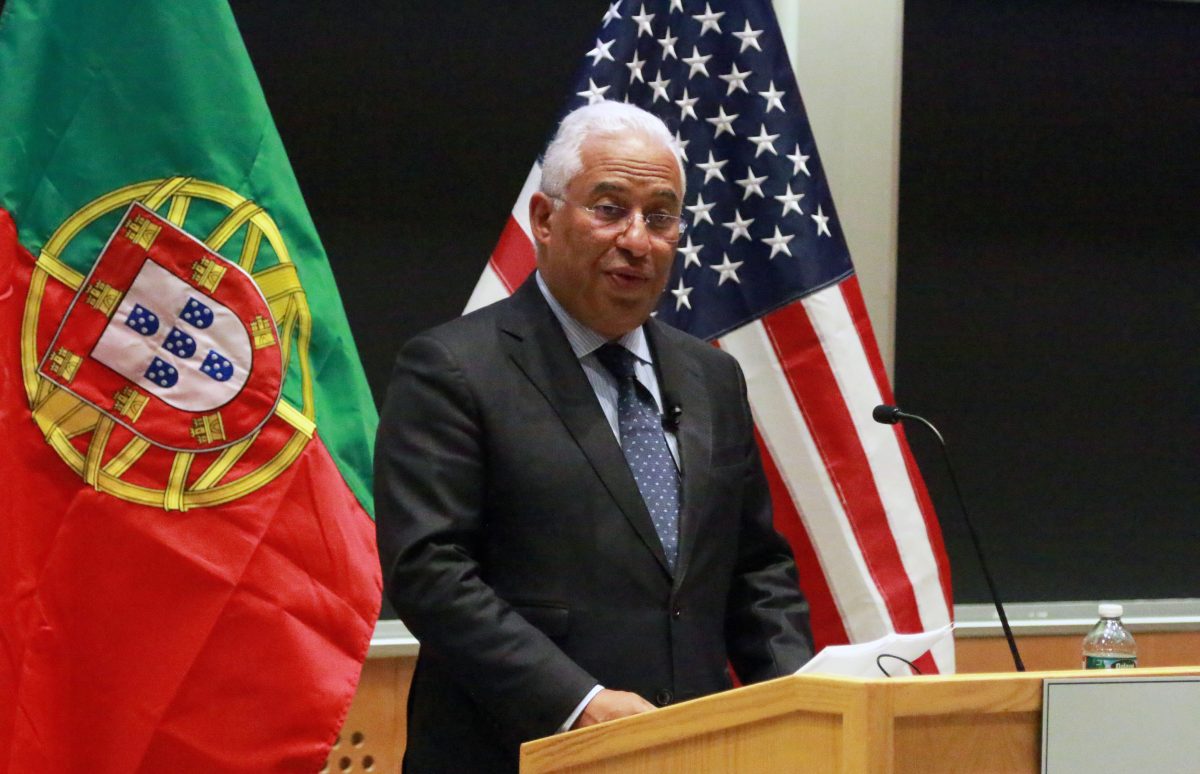LISBON, (Reuters) – Portuguese Prime Minister Antonio Costa resigned today, just hours after prosecutors detained his chief of staff in a probe into alleged corruption in his administration’s handling of lithium mining and hydrogen projects.
Costa, who prosecutors said was the target of a separate investigation, announced the decision in a televised statement after meeting President Marcelo Rebelo de Sousa.
He said his conscience was clear, but he would not stand as candidate for a fourth time as premier.
“The dignity of the functions of prime minister is not compatible with any suspicion about his integrity, his good conduct and even less with the suspicion of the practice of any criminal act,” Costa said.
It is up to the president now to decide whether to allow Costa’s Socialists, who have a majority in parliament, to form a new government or to dissolve parliament and call an election.
Parliament was due to vote on the 2024 budget bill later this month.
Costa will remain in his job until the president’s decision. Rebelo de Sousa summoned political parties for consultations on Wednesday and his consultative body, the Council of State, on Thursday.
It is the latest scandal faced by Costa’s administration since a controversy around state-owned airline TAP in January, which led opposition parties to demand his government’s resignation.
Portuguese stocks fell 3% after his statement.
The prosecutor’s office said in a statement earlier on Tuesday that five people had been detained as part of the investigation, including Vitor Escaria, Costa’s chief of staff, and a business consultant.
It said Infrastructure Minister Joao Galamba and the president of the environment agency APA, Nuno Lacasta, were formal suspects and will appear before a judge.
Galamba’s office and APA did not immediately reply to a request for comment.
The prosecutors said they had become aware that the suspects used Costa’s name and authority to “unblock procedures” related to the deals and the Supreme Court would look into Costa’s possible role in the deals.
Over 40 searches were carried out on Tuesday at several government buildings, including Escaria’s office and the infrastructure and environment ministries, the prosecutor’s office said.
Costa said he was “fully available to cooperate” with the justice system.
Prosecutors are investigating alleged corruption and influence peddling in lithium exploration concessions in northern Portugal, a project for a hydrogen plant in the port of Sines and a mega data centre investment there.
“At stake may be … facts capable of constituting crimes of malfeasance, active and passive corruption of politicians and influence peddling,” the prosecutor’s office said.

